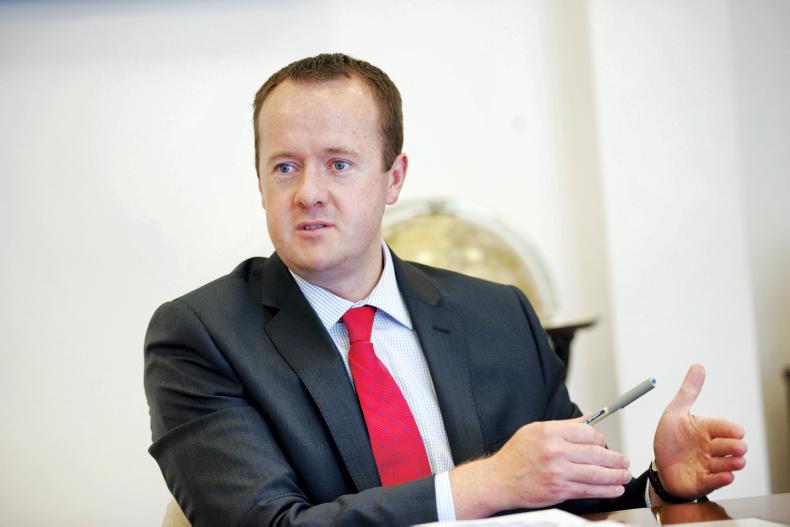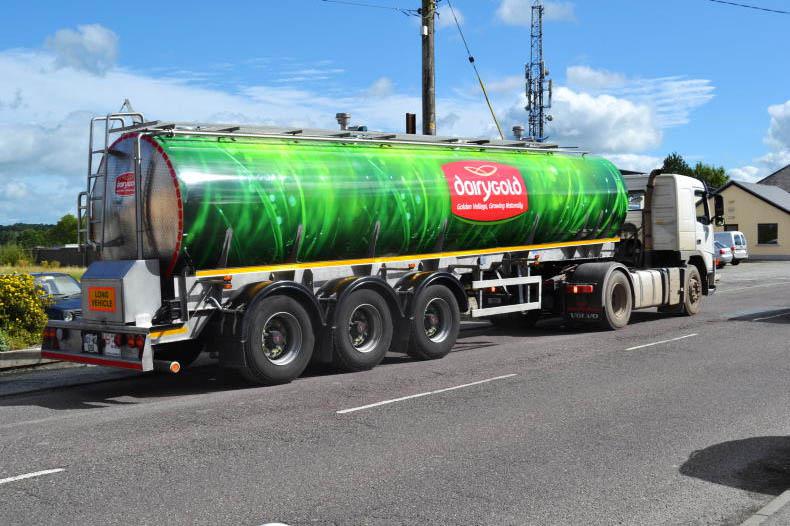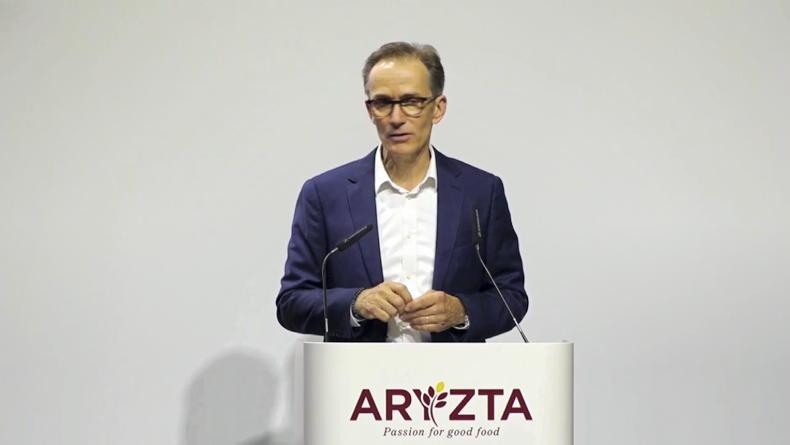Shares in IPL Plastics, formerly known as One51, have fallen to new lows this week and closed at C$10.13 (€6.73) on Tuesday. Shares are now down 25% since the company floated on the Toronto stock exchange in June.
This values an original old One51 share at €1.35. When IPL floated in June, shares were priced at the bottom end of its previously indicated range of $13.50-$16 per share.
At the time, the company blamed weakness across its publicly quoted peers. This valued the original shares in One51 at around €1.79 per share. The shares are now down almost 25% since the IPO.
The company, which makes plastic products including ice-cream cartons and refuse bins, in August reported a loss of €2.3m in its second quarter as a result of debt refinancing and the once-off cost of the IPO, which amounted to €21m.
However, despite revenues growing 35% in the second quarter to $178m, earnings (EBITDA) rose only 10% to $22.8m. This put a squeeze on margins.
The weaker performance has been blamed on increased raw material and particularly resin costs, along with higher transport and labour costs. The company said at its interim results that it was trying to pass on the extra costs to its customers.
However, it was expecting margins to remain under pressure for the remainder of 2018.
The company also said it believed resin prices will stabilise and it will be able to realign the cost base to return the business to normalised profitability levels.
Despite these reassurances, shares in the Toronto listed company have weakened significantly since the results announcement in August. Shares have fallen almost 20% alone since the half-year results announcement. Shareholders will be anxious to see what the company will say in its third quarter results statement which is due to be reported this Friday.
Last Friday, a Bloomberg report said IPL was in merger talks with a rival packaging company, Schoeller Allibert. It is understood that IPL has been in merger talks with the Dutch-based packaging company for several months. However, the deal has been slow to get across the line.
It is said that one of Schoeller’s largest customers is for sale and that may be delaying the merger talks from progressing. It is unclear as to what stage the talks are at and whether a deal can be reached.
News of these talks follow the appointment by IPL of corporate financier Conor McCarthy from Investec to oversee mergers and acquisitions activity at the company. It is expected that CEO Alan Walsh, who has remained tight-lipped on the speculation, will provide some clarity about the merger talks this Friday.
Schoeller Allibert is majority owned by an affiliate of Brookfield Asset Management.
IPL stake
In 2015, One51, which has roots in IAWS, agreed to acquire a majority stake (67%) in Canadian-based IPL. FSTQ, a Canadian government agency, along with CDPQ took the balance in IPL.
CDPQ, which manages funds primarily for the Canadian public sector, also bought a 25% stake in One51 last year from businessman Dermot Desmond ahead of the IPO. Interestingly, CDPQ is also an investor in Brookfield.
The two Canadian firms had the right to force One51 to buy them out in 2021 but as earnings increased at the group, the cost of that liability continued to increase.
One51’s board decided it would be best to resolve the issue last year, which led to the decision to float earlier this year.
Disappointed Irish shareholders
IPL still has about 2,000 Irish shareholders including farmers, Larry Goodman’s, investment arm, IIU and many Irish co-ops such as Glanbia, Kerry, Lakeland, Lac Patrick and Dairygold. However, these shareholders who remained with the company when it floated must wait until 28 December, six months after the stock market launch, before their new class B shares convert and can be traded.
This latest destruction of value may be another bitter pill for shareholders. They were initially disappointed with the IPO price equivalent of €1.80 per share after seeing Dermot Desmond do a deal which ultimately gave the Canadians majority control and believed to be above the Capvest offer of €2.50.
As the mood music around the IPO was all very positive in the run-up about future growth prospects, something seems to have come unstuck.
With the share price now back to levels not seen since early 2015, it could be argued not much has been done in the last three years for shareholders. It leaves the company and board with questions to answer about where to go from here. Perhaps Friday will provide some clarity.










SHARING OPTIONS